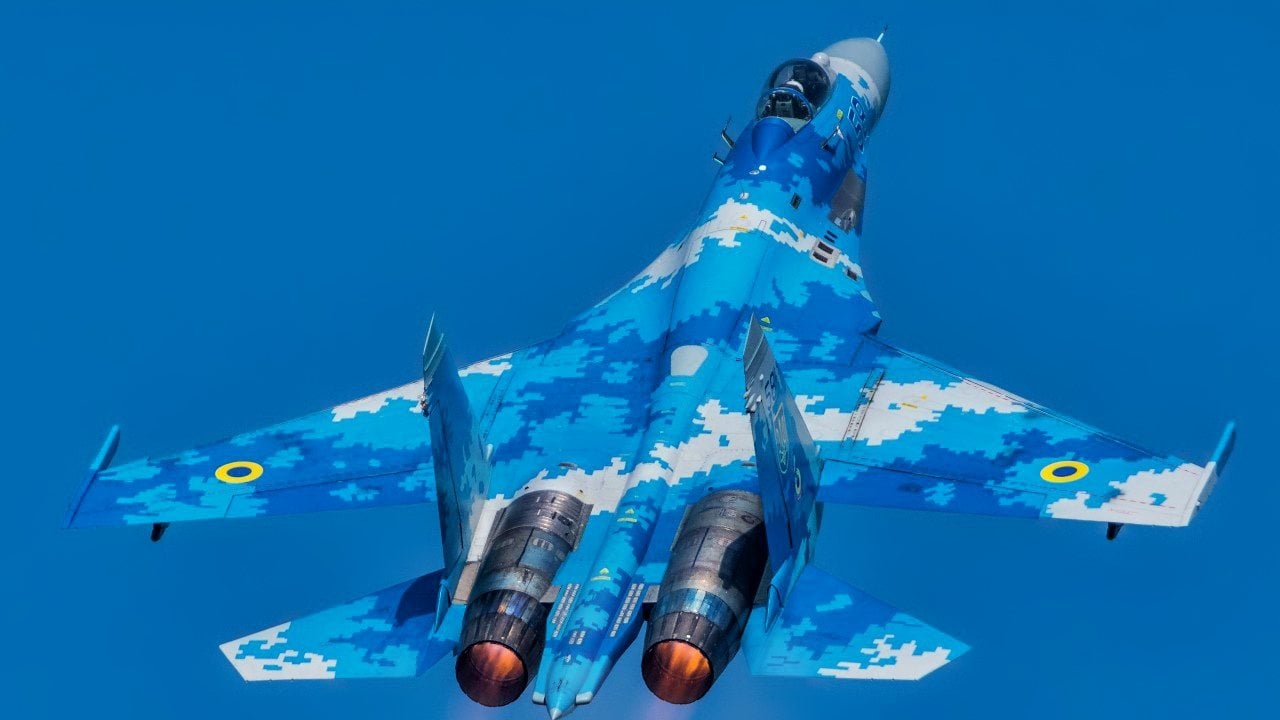Joe Biden Should Worry: Russia Vows to Arm Enemies of America
During the Cold War, the U.S. and its allies supported anti-communist nations, while the Soviet Union backed pro-communist regimes. This dynamic continues today, with the West aiding Ukraine, prompting Russia to threaten reciprocal military support to anti-Western nations.
Summary and Key Points: During the Cold War, the U.S. and its allies supported anti-communist nations, while the Soviet Union backed pro-communist regimes. This dynamic continues today, with the West aiding Ukraine, prompting Russia to threaten reciprocal military support to anti-Western nations.

-At the St. Petersburg International Economic Forum, Russian President Vladimir Putin and Security Council Deputy Chairman Dmitry Medvedev hinted at supplying weapons to regions hostile to Western interests.
-Despite these threats, Russia's capacity to provide such aid is hampered by sanctions and its own military needs, making these statements likely more saber-rattling than serious threats.
Russia Threatens to Arm Anti-Western Nations in Response to Ukraine Aid
During the Cold War, the United States and its Western allies provided weapons and support to anti-communist nations, while the Soviet Union and her satellite states provided similar support to foster the spread of communism. Beginning with 1947's Truman Doctrine, Washington vowed to "provide political, military and economic assistance to all democratic nations under threat from external or internal authoritarian forces."
Today the West continues similar support to nations such as Ukraine, a fact that has received condemnation from Moscow, which now has vowed to provide its own military aid to nations and regimes that aren't so friendly to NATO, the U.S. and its allies.
According to a report from Russian state media outlet Tass, this week at a meeting with the heads of international news agencies at the St. Petersburg International Economic Forum (SPIEF), Russian President Vladimir Putin acknowledged that the Kremlin was considering how to respond to the Western aid provided to Ukraine. That could include supplying "similar weapons" to regions where "painful strikes" could be carried out on Western targets.
Russian Security Council Deputy Chairman Dmitry Medvedev – who previously served as president of Russia – echoed Putin's comments.
"This marks quite a significant change in our foreign policy," explained Medvedev. "This is what the Yankees and their drooling European dogs think: we have the right to send any weapons to Ukraine but no country can help Russia.
"Now let the US and its allies feel the direct impact of the use of Russian weapons by third parties," Medvedev added. "This could be anyone who considers Yankeeland as their enemy, regardless of their political beliefs or international recognition."
Specific nations weren't named, but the Russian Security Council deputy chairman went on to suggest that if a nation is an "enemy" of the United States, "then they are our friends," and would possibly be provided weapons and other military aid.

"And let the use of Russian weapons in the so far unidentified 'regions' be as devastating as possible for their and our adversaries. Let 'the sensitive facilities of countries providing weapons to Ukraine' burn in hellfire, along with those who operate them," Medvedev said. "As for us, we will rejoice in the successful strikes involving our weapons against our common enemies."
Empty Promise Or Serious Threat?
Even as Moscow has seen its position among the international community deteriorate since it launched its unprovoked invasion of Ukraine in February 2022, Russia continues to maintain support with nations around the world including China, Belarus, Iran, North Korea, Cuba, Venezuela, Syria, Myanmar, Eritrea, Pakistan and Kazakhstan.
What aid Russia can actually send remains an issue, as international sanctions have resulted in it struggling to produce military hardware for its own needs. In addition, some former clients – notably India – have been slowly turning away from Moscow.
Moreover, while the Kremlin is directly involved in a conflict in Ukraine, the West is largely not engaged in any full-blown fighting. Though Medvedev could be seen to suggest that various nations could strike at U.S. interests, it would be foolish to believe Tehran, Havana, or Pyongyang would follow through even with prodding. Such a regime would be unlikely to survive for long.
Thus, Putin's and Medvedev's words should be seen as mere saber rattling, while their blades are simply old and rusty.
Author Experience and Expertise: Peter Suciu
Peter Suciu is a Michigan-based writer. He has contributed to more than four dozen magazines, newspapers, and websites with over 3,200 published pieces over a twenty-year career in journalism. He regularly writes about military hardware, firearms history, cybersecurity, politics, and international affairs. Peter is also a Contributing Writer for Forbes and Clearance Jobs. You can follow him on Twitter: @PeterSuciu. You can email the author: [email protected].
Image Credit: Shutterstock.


